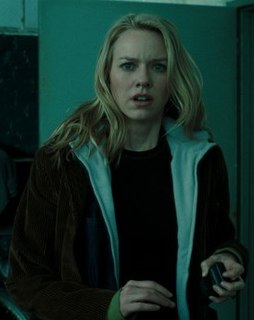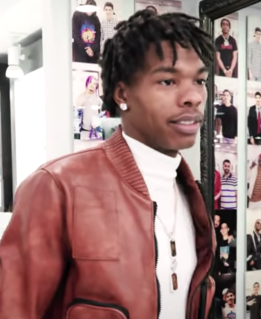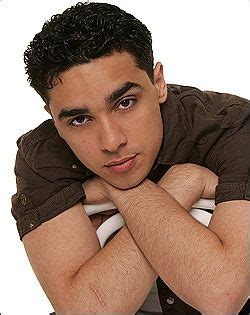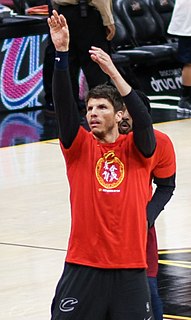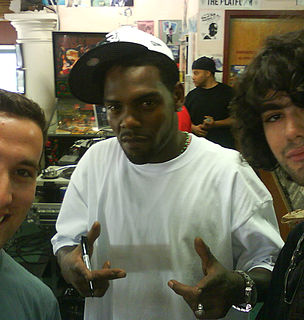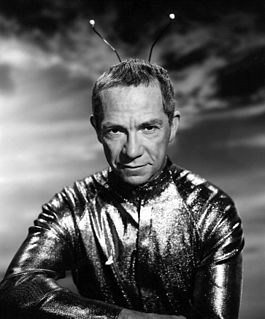A Quote by Talib Kweli
You see somebody rapping and you're like, "Nah, my cousin can do that." You're spoiled by the experience. Overseas, it's still something that people can appreciate.
Related Quotes
For a while I felt like I spoke a different language than my immediate family. It wasn't until my teens that I met and got to know better members of my extended family (my cousin Alma in particular) that self- identified as artists. Something in us clicked together; in the way we thought, in the language we chose to use, in what we enjoyed. She helped me see and appreciate a lot both about myself and my loved ones.
You found an uncle on one side and a nephew on the other, a cousin here and a cousin there. Besides it's still true today. I'll tell you something else. There was a time when even two ambassadors to Switzerland, the one from India and the one from Pakistan, were two blood brothers. Oh, the Partition imposed on us by the British was so unnatural!
If I see something in somebody, if it's something similar in my shot, I feel like it's the same type of thing in life. People who tell you what to do all the time or have all the answers for you, it's like, 'OK, whatever.' But if you've gone through something in life, you can speak to something a little more.
I've reinvented myself every year since 1998, and my style's still changing. It's grittier now. I always gotta try something new. I've grown up. Then I was rapping; now I do music, I write albums. But my distinctive voice and style, people still can't catch it. They're still asking me, "What were you saying on that song?".
It's such an honor. I still get, I guess, starstruck, at the Opry. Because there's so much history here and there are so many legends that are still walking around backstage, so it's really an incredible, incredible experience for somebody like me that grew up listening to all of them. And to be able to share the stage with them is something that I treasure.
I feel like I'm doing something that's worthwhile. I feel like I'm showing something other people haven't shown. I don't get to talk to the people who I photograph, I just go, along, banging away. So I don't really have a relationship with them. A lot of people think it's very important. I don't. It's like love at first sight. I have an impression when I see somebody, and I have an idea of who they are, or what they are.

